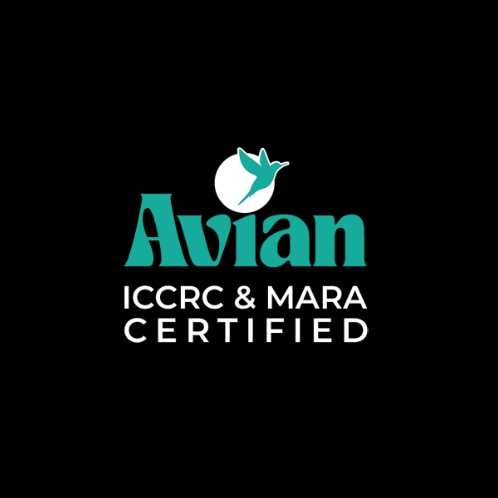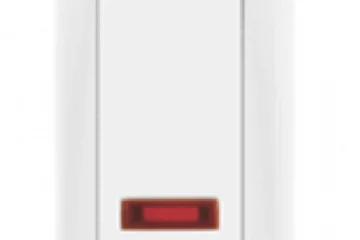Hungary, nestled in the heart of Europe, has become an increasingly attractive destination for foreign workers. With a growing economy, competitive salaries, a lower cost of living compared to many Western European countries, and a rich cultural heritage, it’s easy to see why more professionals are considering Hungary as a potential place to live and work. But before you pack your bags, there’s one crucial element to understand: the Hungary Work Permit process.
If you’re considering working in Hungary, this guide will walk you through everything you need to know, from types of permits and eligibility to the application process, documentation, and what to expect once you arrive.
Why Work in Hungary?
Hungary offers a unique blend of opportunity and lifestyle. Over the past decade, the country has attracted international businesses in sectors like IT, automotive, finance, and engineering. Budapest, the capital, is often regarded as one of the best cities for expats in Central Europe. Beyond Budapest, cities like Debrecen, Szeged, and Győr are emerging as business and tech hubs.
The work environment is increasingly international, English is widely spoken in many industries, and the demand for foreign talent is on the rise, especially in skilled sectors. However, to legally work in Hungary, most non-EU citizens need a work permit.
Who Needs a Work Permit?
If you are a citizen of a European Union (EU) or European Economic Area (EEA) country, or Switzerland, you do not need a work permit to work in Hungary. You can enter, stay, and work without any additional documentation beyond registering your residence.
However, if you are from a non-EU/EEA country, you must obtain a work permit and residence permit to work in Hungary legally. This applies to most foreign nationals looking for employment in Hungary, whether it’s for a multinational company, local business, or even freelance work (with some exceptions).
Types of Work Permits in Hungary
There are different types of work-related permits in Hungary, depending on the nature and duration of your job:
1. Single Application Procedure (Combined Residence and Work Permit)
This is the most common type of work permit. It combines the permission to stay and work in Hungary in one document and is typically valid for one to two years, renewable.
2. EU Blue Card
The EU Blue Card is designed for highly skilled workers from non-EU countries. To qualify, you must have a job offer with a higher-than-average salary and a university degree or equivalent.
3. Intra-Corporate Transfer (ICT) Permit
If you’re being transferred to Hungary within a multinational company (for example, from a company branch in India to its Hungarian branch), this type of permit applies.
4. Seasonal Work Permit
This is for short-term work, usually under 6 months, in industries such as agriculture or hospitality.
5. Residence Permit for the Purpose of Employment
For foreigners who want to engage in gainful employment, including researchers or self-employed persons.
The Application Process: Step-by-Step
Step 1: Secure a Job Offer
Before applying for a work permit, you must first have a valid job offer from a Hungarian employer. The company typically initiates the permit process on your behalf, but you will still be required to submit documentation and attend appointments.
Step 2: Submit the Application
You (or your employer) can apply either online through Hungary’s immigration portal or at the Hungarian embassy or consulate in your home country. If you’re already in Hungary on a different visa, you may be able to apply directly at the immigration office.
Step 3: Await Processing
Work permit applications usually take between 30 to 70 days to process. Delays may occur if documents are missing or if additional verification is needed.
Step 4: Receive the Permit
If approved, you will receive a combined residence and work permit. This document allows you to live and work in Hungary for the duration of your employment contract.
Required Documents
While specific requirements can vary depending on the type of permit and your nationality, most applications will require the following:
- Valid passport
- Recent passport-sized photos
- Signed employment contract
- Proof of qualifications or relevant experience
- Proof of accommodation in Hungary
- Proof of health insurance
- Clean criminal record certificate
- Application form(s)
It’s essential to ensure that all documents are translated into Hungarian or English and officially certified if necessary.
After Arrival: What to Do
Once you land in Hungary with your approved permit, there are a few more steps to complete:
1. Register Your Address
You must report your address to the local district office (district clerk or “járási hivatal”) and obtain an address card.
2. Get a Tax Number and Social Security Number
To be paid legally and receive social benefits, you’ll need to register for a Hungarian tax ID and social security number (TAJ number). Your employer will usually assist with this.
3. Open a Local Bank Account
Your salary will be paid into a Hungarian bank account. Most banks require your residence permit, address card, and passport.
Can You Change Jobs?
Yes, but changing employers in Hungary as a foreign worker can require a new work permit application. If your job role, location, or employment conditions change significantly, a new permit may be necessary. Always consult with the immigration office before making such changes.
Family Reunification
If you hold a residence and work permit, your spouse and children may be eligible to join you in Hungary under family reunification. They will need to apply separately and provide evidence of your relationship and adequate living conditions.
Challenges and Tips
Navigating Hungary’s immigration system can be complex, especially if Hungarian is not your first language. Here are a few tips to ease the process:
- Use a migration agent or legal advisor if you’re unsure about the process.
- Stay organized and keep digital copies of all paperwork.
- Start early, as processing times can be lengthy.
- Be patient. Bureaucracy in Hungary, like in many countries, can be slow and detail-oriented.
- Learn some Hungarian. While English is common in business environments, basic knowledge of Hungarian will help with daily life and bureaucracy.
Final Thoughts
Working in Hungary can be a rewarding experience both professionally and personally. The country offers a dynamic work culture, opportunities for career growth, and a high quality of life. However, the process of obtaining a work permit requires preparation, patience, and attention to detail.
By understanding the types of permits available, the application process, and your rights and responsibilities as a foreign worker, you’ll be in a much better position to transition smoothly into your new role in Hungary.
Whether you’re an IT specialist, an engineer, a researcher, or simply seeking new horizons, Hungary’s doors are open, provided you follow the right steps.
At Avian Global, we believe in turning aspirations into reality. Whether it’s settling families in their dream destinations, helping students unlock global education opportunities, or guiding professionals toward rewarding careers abroad, we make every step count. Rooted in trust, transparency, and unparalleled expertise, we pride ourselves on redefining the immigration process with care and precision.



